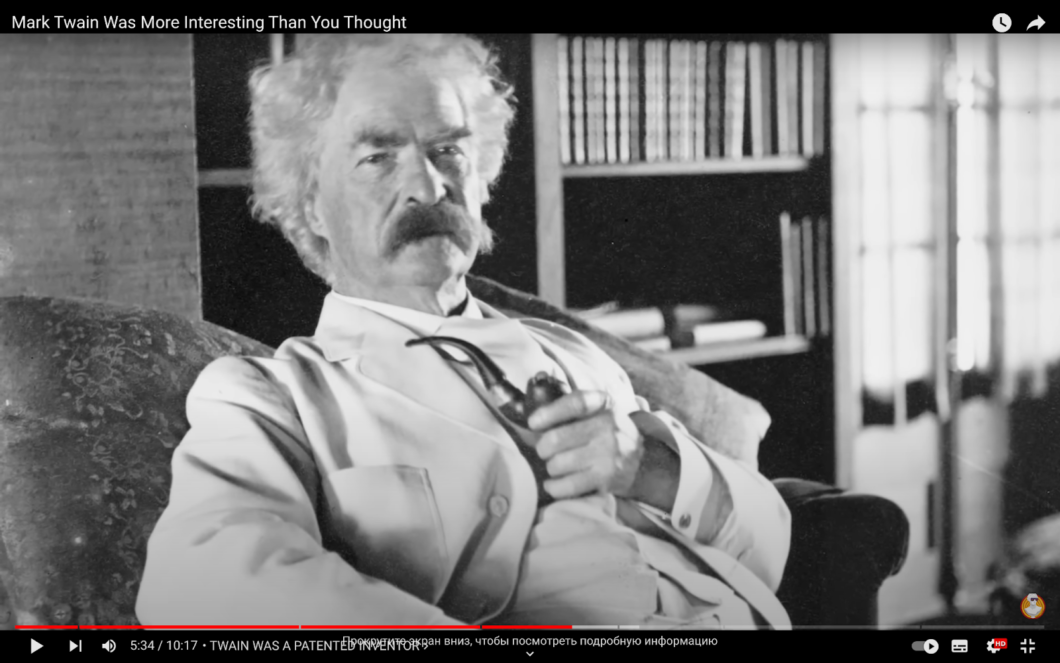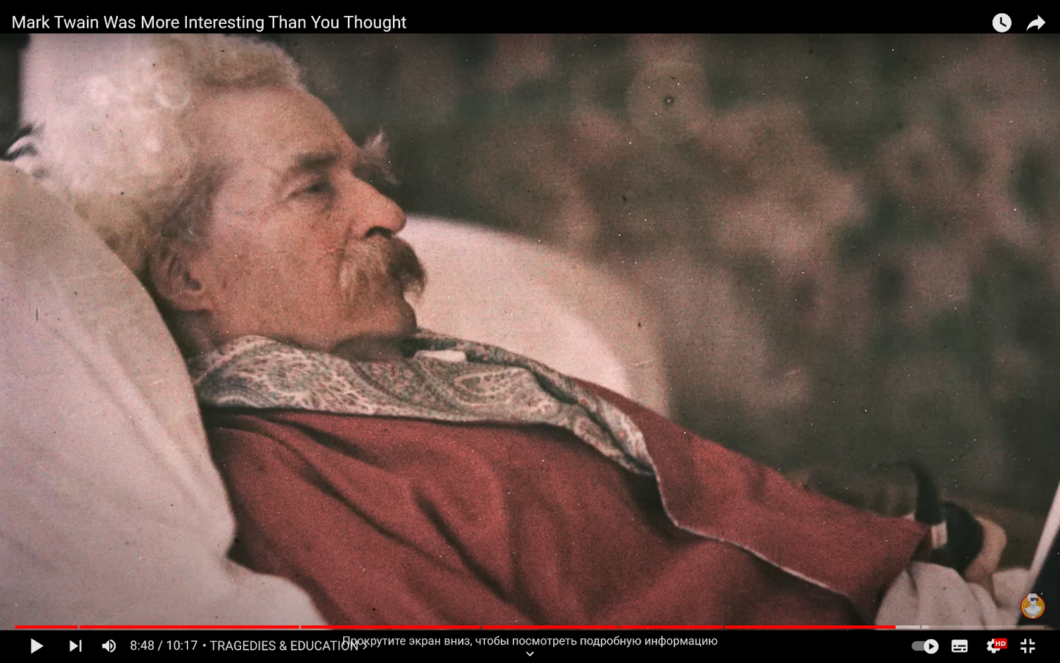Mark Twain, renowned for his literary masterpieces, also held compelling political views that permeated his life and works. His ideas reflected the tumultuous political climate of his time, encompassing myriad issues from racial equality to imperialism. This article embarks on an intricate expedition into the depths of Mark Twain’s political perspectives. The keyword here, “Mark Twain political views,” mirrors his multifaceted outlook on society and governance, which we will delve into with clarity and depth.
The Landscape of Twain’s Political Views
Mark Twain, real name Samuel Clemens, was not a politician, but his observations and critiques of American and international politics were penetrating. His experiences and friendships with notable political figures of his era provided him a unique vantage point to reflect and comment on the pressing issues of his time.
Political Parties and Ideologies
Twain’s relationship with political parties and ideologies was a tumultuous one. Though he was initially a staunch supporter of the Democratic Party, his allegiance fluctuated over time. The political unrest during the Gilded Age, with the social issues of racism and inequality at its height, had a profound impact on his political consciousness.
Anti-Imperialism
One of the significant facets of Twain’s political views was his staunch anti-imperialist stance. He was vocally opposed to the American annexation of the Philippines and other imperial endeavors, considering them a stark violation of democratic principles. His works such as “The War Prayer” and “To the Person Sitting in Darkness” are reflective of his passionate anti-imperialistic views.
Views on Slavery and Racial Equality
As a Missouri native born during the era of slavery, Twain’s views on racial equality were formed amidst a society deeply divided by color. He was a strong advocate for the abolition of slavery and equal rights for all, themes explored in depth in his most celebrated work, “Adventures of Huckleberry Finn.”

Religion and Politics
Twain’s take on the intersection of religion and politics further defined his political views. His skepticism towards organized religion translated into a critical viewpoint of its role in governance, fearing it might erode the democratic foundation.
Government Criticism
Twain’s critiques of government and politics were profound, often highlighting the corruption, inefficiency, and moral failings within governmental structures. His satire and wit were tools he wielded effectively in this critique.
International Perspectives
Internationally, Twain observed and commented on global politics, comparing and contrasting them with American political scenarios. His travels abroad informed his global political perspective, enriching his commentaries and observations.
Impact on His Literary Works
Twain’s political viewpoints undeniably influenced his literary works, imbuing them with a richness of perspective and depth of insight into the human condition and societal structures.
Mark Twain’s Influence on Political Thought
As we traverse further into Mark Twain’s political thought, it’s evident that his views have left an indelible mark on political discourse and thought. His candid expressions about government and societal structures have shaped conversations around these topics, transcending generations.
- His honest and forthright commentaries on the American political landscape have been instrumental in sparking dialogues and debates;
- His opposition to imperialism has encouraged discussions about the morality of such endeavors, prompting a reevaluation of these policies.
Political Views and Public Reactions
Twain’s political perspectives were often met with a mix of admiration and criticism from the public and his contemporaries. His blatant opposition to imperialism and his searing critique of governmental systems established him as a thought leader, albeit a controversial one.
Public Reaction to Mark Twain’s Political Views
| Aspect of Views | Public Reaction |
|---|---|
| Anti-Imperialism | Supported by anti-imperialist groups, criticized by those in favor of expansion. |
| Racial Equality | Lauded by abolitionists, scorned by supporters of slavery and segregation. |
| Government Criticism | Mixed reactions; some agreed with his observations, others dismissed them as overly cynical. |
| International Outlook | Appreciated by those valuing global perspectives, but sometimes seen as un-American by others. |
Mark Twain’s Associations with Political Figures
Delving into Twain’s associations with political figures reveals another layer of his political perspective. His friendships with notable political personalities of his era provided him not only insight into the political climate but also a platform to voice his opinions.
- Twain’s connection with President Ulysses S. Grant was significant, illuminating his respect for the Union leader and his policies;
- Twain was associated with notable abolitionists and activists of his time, further solidifying his stance on racial equality and human rights.

Mark Twain’s Views on Political Ethics
A critical aspect of Twain’s political viewpoints lies in his stance on political ethics. His expectations for moral integrity within political spheres were high, and his disappointment in the lack thereof is echoed in his works and public speeches.
- Twain was a vocal advocate for honesty, transparency, and accountability within political institutions and figures;
- He criticized the corruption and moral decay he observed within governmental structures, pushing for a more ethical and upright political landscape.
Conclusion
In conclusion, Mark Twain’s political views were a complex amalgamation of his personal experiences, the socio-political climate of his time, and his profound understanding of humanity and morality. His enduring relevance lies in his ability to intertwine these views seamlessly into his literary creations, making them resonate with readers across eras.
FAQs
Yes, Twain’s political perspectives evolved with his experiences and the political climate of his era.
Twain effectively used his literary works and public speeches to express his political opinions.
Twain was a fervent anti-imperialist, vocally opposing American annexation endeavors.
Twain’s political views significantly influenced his writing, infusing his works with deep societal and political commentary.
While not a politician, Twain was actively involved in political discussions and expressed support for movements such as abolition and anti-imperialism.